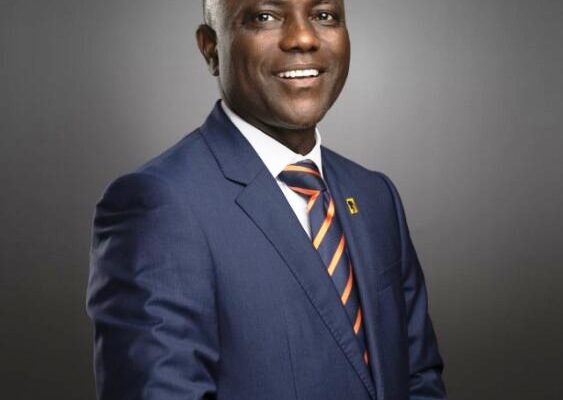First Bank of Nigeria Limited, in partnership with Proparco, a Development Finance Institution, is integrating climate initiatives into its operations and strategy. This collaboration aims to reduce Greenhouse Gas (GHG) emissions and position FirstBank as an African Climate Bank.
RELATED: FirstBank’s FirstAdvance – Financial empowerment for good reasons
The 130-year-old financial institution is implementing a comprehensive mechanism to calculate its operational emissions across all branches and offices. This includes tracking data on electricity use, diesel use, water consumption, waste management, fuel consumption, and business travel. The goal is to establish an emissions baseline and identify opportunities for operational emissions reduction. FirstBank is investing in its employees and infrastructure to integrate climate action into its operations.
During a two-day partnership strategy workshop with IPC and Valoris, consultants from Austria engaged by Proparco, FirstBank’s climate initiatives were reviewed. The sessions aimed to assess progress and empower strategic departments within the Bank, including Credit Risk, Human Capital Management & Development (HCMD), FirstAcademy (the Bank’s learning institute), Corporate Banking, Personal Banking, SME Banking, Procurement, Branch Operations, and General Services. The goal was to deepen the understanding of climate risks in their processes.
The six workstreams for implementation include:
- Identification of financed and avoided emissions for reporting.
- Measurement and analysis of operational emissions.
- Integration of physical climate risk assessment.
- Opportunity analysis.
- Climate strategy and policy development.
- Capacity building among staff to support strategy implementation.
Dr. Martin Steindl, Managing Director of Valoris, Austria, praised FirstBank’s efforts, stating, “Among our various engagements with financial institutions on climate mainstreaming, FirstBank is the only organization that has been able to provide data on both the asset locations of their portfolio and the head offices of their clients. I am impressed with the progress we have collectively achieved.”
Patrick Akhidenor, Ag. Chief Risk Officer at FirstBank, reinforced the Bank’s commitment, saying, “FirstBank is intentional about redefining its climate footprint. We are identifying opportunities in climate finance to improve our portfolio and reduce carbon emissions associated with our processes and operations. The Bank is executing a financed emissions calculation mechanism and creating climate finance opportunities, such as renewable energy and energy efficiency products for our customers.”
Nigeria has committed to reducing its GHG emissions by 20 percent by 2030 and achieving net zero emissions by 2060. FirstBank is aligning its goals with national targets and is a signatory to the Africa Business Leaders’ Climate Statement released in 2022 at COP 27 in Sharm El Sheikh, Egypt, by the Africa Business Leaders Coalition (ABLC). This commitment highlights the Bank’s dedication to supporting national and global climate objectives.

































